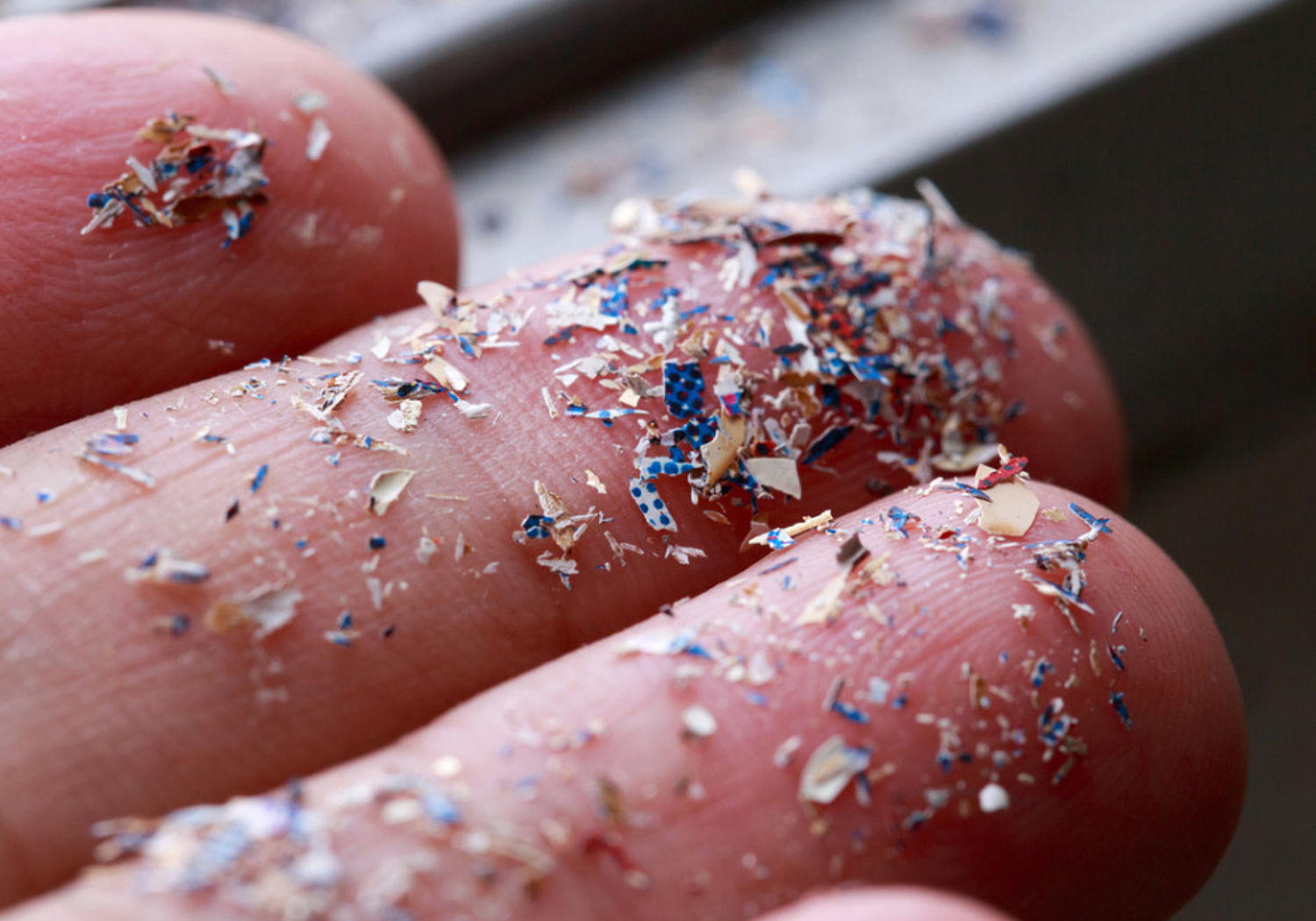Metrological traceability of measurement data from nano- to small-microplastics for a greener environment and food safety
Short Name: PlasticTrace, Project Number: 21GRD07
Creating a metrological infrastructure to measure small microplastics and nano-plastics in food and the environment.
Two-thirds of the 359 million tonnes of global plastic produced annually is released into the environment. Here it undergoes complex physicochemical processes, reacting and degrading over time. Larger pieces fragment into small microplastics (SMPs, 0.1 µm–5 mm), then nano-plastics (NPs, 1-100 nm). SMP/NPs accumulate in the environment, including water and soil, and can cross biological barriers, accumulating within organisms. The EU Plastics Strategy has named reducing microplastic release as a key objective for fulfilling the European Commission’s circular economy action plan. Although research has been conducted on microplastics, SMP/NPs are difficult to isolate and detect in environments with high concentrations of other hydrocarbons (e.g., within food) or other particles of similar sizes. This has resulted in a lack of traceable methods for SMP/NP identification, measurement and characterisation. SMP/NPs also tend to have undefined morphologies and a polydisperse nature. Previous studies have used polyethylene/polystyrene, which are inappropriate due to their uniformity and surface coatings, and hence reference materials accounting for these properties are urgently needed.
This project will create methods for measuring and characterising SMP/NPs, accounting for composition, size distribution and morphology, and will produce appropriate, realistic reference materials. It will also develop sample preparation methods and create a good practice guide for measuring and characterising SMP/NPs in food and the environment. This infrastructure will enable traceable monitoring of SMP/NPs, supporting decision-making and mitigation measures around plastic pollution. It will also support future technologies, such as biodegradable bioplastics, and improvements to the health impacts of industries such as food packaging and water management.
Journal of Hazardous Materials
Analytical and Bioanalytical Chemistry
Environmental Science: Nano
Talanta Open
Analytical Chemistry
Microplastics and Nanoplastics
Nature Communications
